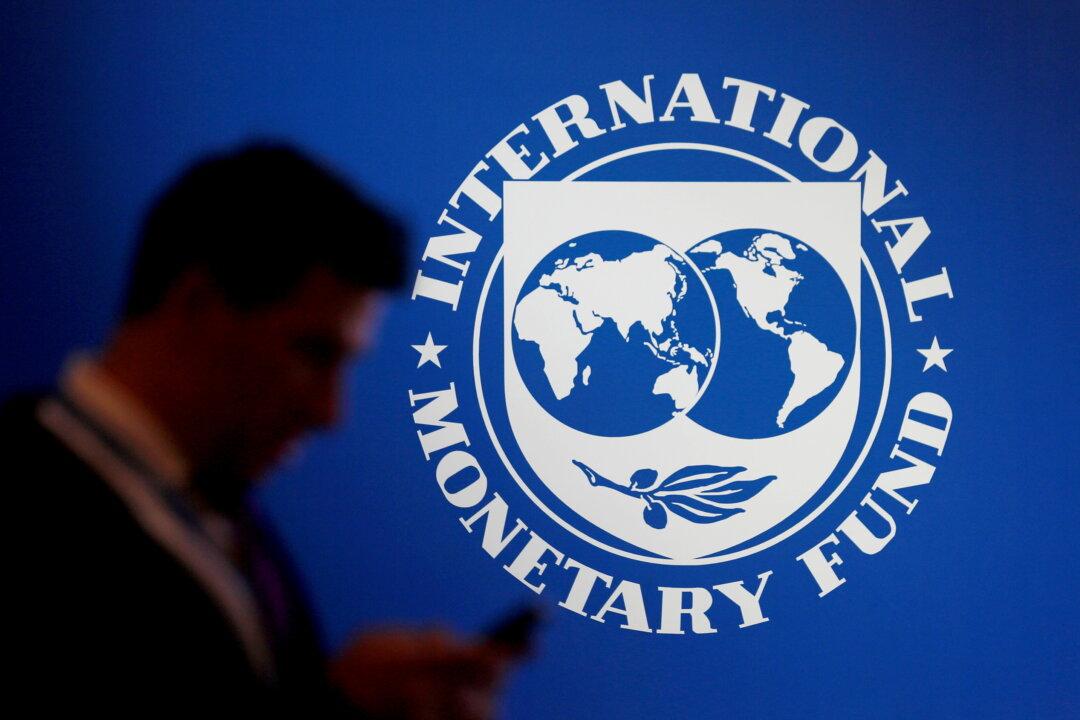The International Monetary Fund (IMF) has said that central bank digital currencies (CBDCs) could potentially allow a government to control what people spend their hard-earned cash on.
Speaking at the IMF-World Bank annual meeting on Oct. 15, Deputy Managing Director Bo Li said that a CBDC could improve “financial inclusion” through programmability.




